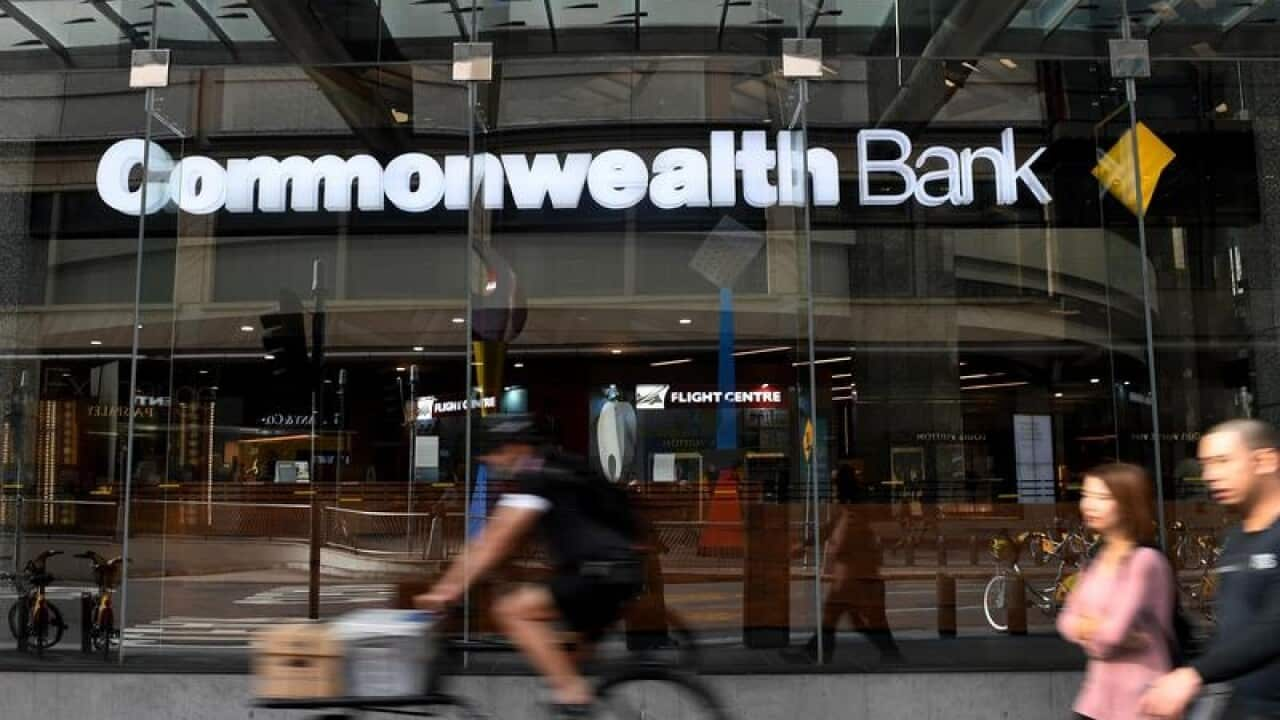Shares in the Commonwealth Bank of Australia continue to fall after the federal government's financial intelligence unit AUSTRAC last week launched civil proceedings in the Federal Court against the lender.
At 1015 AEST on Monday, CBA shares were 0.11 per cent lower to $80.63.
CBA boss Ian Narev on Monday warned people against jumping to conclusions after the bank was accused of systemic failure to comply with anti-money laundering and counter-terrorism financing laws on almost 54,000 occasions.
"I understand there is very little goodwill for banks in general, and for CBA in particular, so when something like this happens people jump to conclusions," Mr Narev told The Australian.
CBA could face a maximum penalty of $18 million for each of the 53,700 contraventions, if found guilty.
The lender said it was taking the allegations seriously and is reviewing the 580 pages of that statement of claim filed by AUSTRAC last week.
It admitted "mistakes can be made".
"In an organisation as large as Commonwealth Bank, mistakes can be made. We know that because we are a big organisation, these mistakes can have significant impact," CBA said in a statement on Monday.
It pointed to a coding error in its Intelligent Deposit Machines between 2012 and 2015, when it was discovered.
"The vast majority of the reporting failures alleged in the (AUSTRAC) statement of claim relate specifically to this coding error," it said, adding that a defence would be filed in due course.
"Ultimately, a court will seek to ensure that, overall, any civil penalties are just and appropriate."
A first case management meeting between the chief executive of AUSTRAC and CBA will be held on September 4.
CBA is due to release its full-year results on Wednesday and is expected to report another record profit.
On Friday, its shares closed down 3.9 per cent, wiping about $5.5 billion off its market value.
The case is already making waves in Federal Parliament.
South Australian Senator Nick Xenophon on Sunday floated introducing legislation to apply criminal sanctions, including jail terms, to the executives of banks "who systemically fail to abide by the rules" on money laundering and terror financing.
Share



